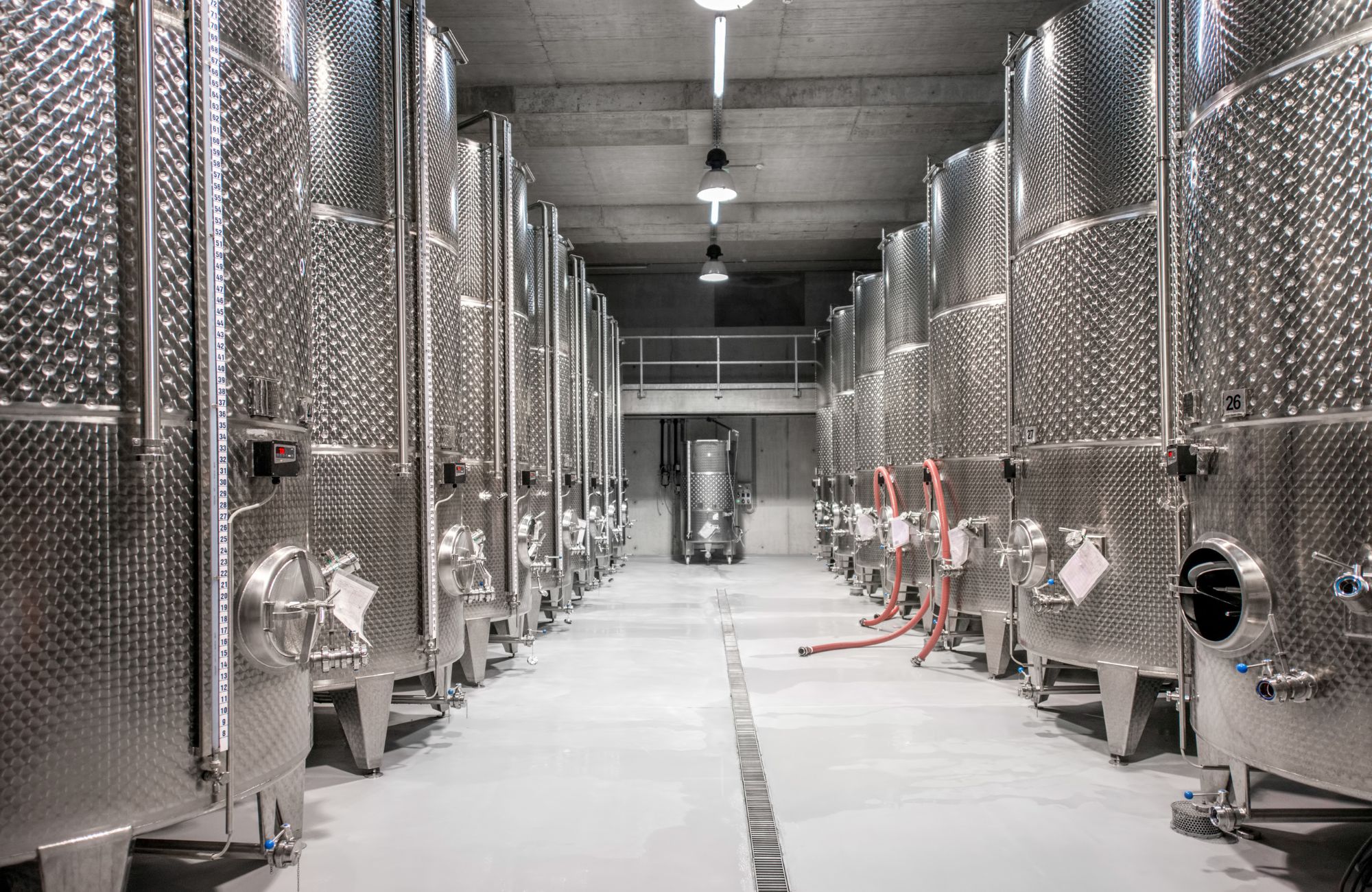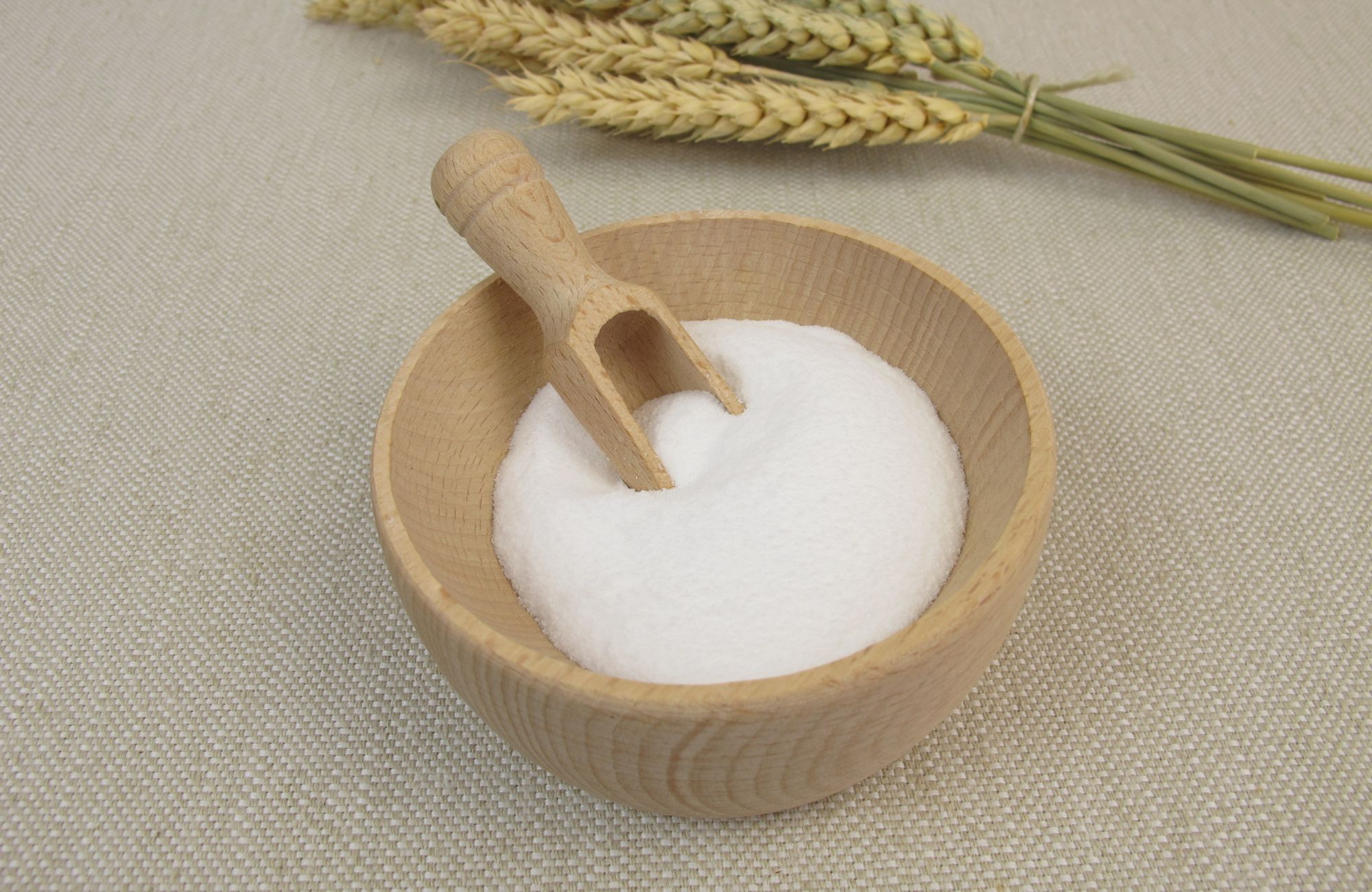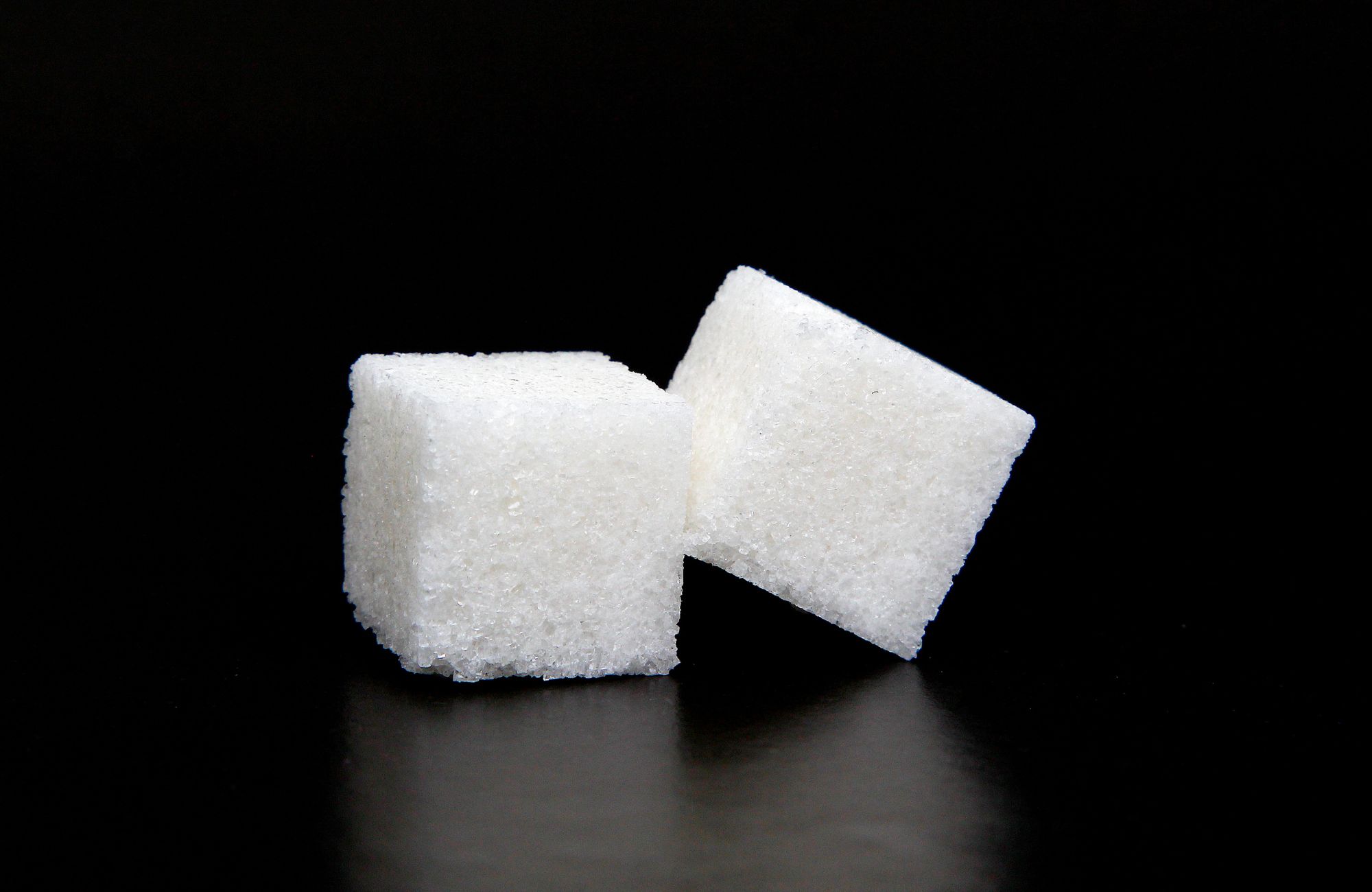
How Is Sugar Used In Fermentation
Does Fermentation Require Sugar?
Yes, fermentation relies on sugar. This metabolic process, often involving yeast, breaks down sugars like glucose, fructose, or sucrose into simpler molecules such as ethanol and carbon dioxide. Yeast consumes the sugar and releases enzymes that catalyze the transformation of sugar molecules. This process, which occurs without oxygen, is essential for producing products like kombucha, beer, wine, and other fermented goods.
The Role of Sugar in Fermentation
Although sugar is most commonly known by its taste, texture, and apparent sweetness, it actually holds a much more important role in fermentation because of its chemical composition. When yeast interacts with sugar, it produces ethanol and carbon dioxide. Ethanol is found in all alcoholic beverages from wine to beer and even kombucha. Depending on the amount of sugar you put in, you can modify the yield of ethanol. After it’s sealed in an airtight environment, the fermentation process begins, as oxygen molecules locked within the sugar get put to use.
Popular Sugars for Fermentation
Glucose
Derived from sources like starches or plants, glucose is a simple sugar frequently used in fermentation. Its availability and ease of use make it a top choice, particularly for beer production.
Sucrose
Commonly found in table sugar, sucrose breaks down into glucose and fructose during fermentation. It’s a versatile option used for beverages, baked goods, and more. Cane sugar, brown sugar, and molasses are all popular sucrose-based choices.
Fructose
Known for its heightened sweetness, fructose requires less quantity to achieve the desired flavor. However, it ferments quickly, so careful monitoring is essential to prevent off-tasting results.
Other Sugars
While artificial sweeteners like stevia and sucralose do not ferment, natural options like honey and maple syrup can be used in certain cases. However, their bacterial content may pose challenges.
Non-Food Uses of Sugar
Beyond fermentation, sugar has applications in various non-food industries:
Cleaning: Sugar mixed with water or oil can remove stains and clean surfaces.
Pest Control: Combined with baking powder, sugar can trap pests.
Pharmaceuticals: Sugar improves the taste of medications and can make them more palatable.
Preservation: Adding sugar extends the shelf life of baked goods.
Why Choose US Sweeteners?
US Sweeteners is a trusted partner in providing high-quality bulk sweeteners for food, beverage, and non-food industries.
- Timely Shipments
- Quality Assurance
- Customized Solutions
- Explore Our Products
Explore Our Products
Discover our range of sugars and sweeteners. With bulk shipment options and expert guidance, US Sweeteners is your partner for all bulk sweetener needs. Contact us today to set up your first order!



Leave a Reply